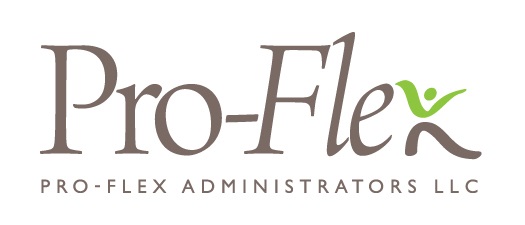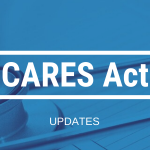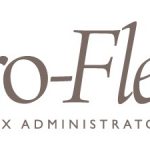
On May 12th, 2020, the IRS released Notice 2020-29 and 2020-33. These notices provide new relaxed rules for 2020 plan years regarding making elections under Healthcare FSA and Dependent Care FSA plans, using funds during a grace period and changes to the method determining the maximum rollover amount available under Healthcare FSAs.
Notice 2020-29
In Notice 2020-29 the IRS provides for increased flexibility for Healthcare FSA and Dependent Care FSA plans with respect to changes in mid-year elections during calendar year 2020. This notice also provides increased flexibility to grace periods to apply unused funds in a Healthcare FSA to expenses incurred through December 31st, 2020 and unused funds in a Dependent Care FSA to expenses incurred through December 31st, 2020.
Specifically, this notice provides that:
- A Healthcare FSA or Dependent Care FSA plan may permit employees who are eligible to make salary reduction contributions under the plan to:
- revoke an election, make a new election, decrease or increase an existing election applicable to a Healthcare FSA on a prospective basis; and
- revoke an election, make a new election, decrease or increase an existing election regarding a Dependent Care FSA on a prospective basis;
- A plan may permit employees to apply unused funds remaining in a Healthcare FSA or Dependent Care FSA at the end of a plan year or grace period ending in 2020 to pay for healthcare expenses or dependent care expenses, respectively, incurred through December 31, 2020
The IRS indicated that these amendments are not required, and an employer has discretion as to which rules to adopt, if any. If an employer wishes to adopt them, it must amend its plan on or before December 31, 2021.
For a copy of Notice 2020-29, please click here.
Notice 2020-33
In Notice 2020-33, the IRS increases the limit (currently $500) of unused funds in a Healthcare FSA that may be rolled over into the following plan year.
Specifically, this notice increases the maximum rollover amount for a plan year to an amount equal to 20% of the maximum salary reduction under IRS Section 125(i) for that plan year. For 2020, the maximum salary reduction under IRS Section 125(i) is $2750, so the rollover limit for plan years starting in 2020 is $550. It is important to note that this change does not apply to plan years that started in 2019 and end in 2020.
For a copy of Notice 2020-33, please click here.
Administering These Changes
The changes announced by the IRS this week are easily handled by Pro-Flex’s current software system. Enrollment and election changes and terminations can be processed using all the methods accepted in the past, including updating existing elections through the Pro-Flex Plan Sponsor Portal.
Grace period updates on Healthcare FSA and Dependent Care FSA plans will be carried through to the Pro-Flex Benefit Card and will be managed seamlessly in our software system should you choose to extend the grace period offering to your employees.
Pro-Flex will update the default rollover amount automatically so that plan years starting in 2020 and all subsequent plan years will carry the newly indexed rollover amount.
Next Steps
If you are interested in allowing your employees to make mid-year election changes or you’d like to extend the grace period for filing claims as outlined in Notice 2020-29, please contact your Pro-Flex Benefit Administrator or email us at enroll@proflextpa.com.
If your plan already allows for the rollover of unused funds at the end of the plan year, Pro-Flex will automatically account for the increased rollover limit outlined in Notice 2020-33 on your behalf. There is nothing you need to do to opt-in to the increased rollover.
If you have specific question regarding your plan or the impact of these Notices on your benefit offering, please contact your Pro-Flex Benefit Administrator or enroll@proflextpa.com for further information.
The above information is for educational purposes only. It is not legal or tax advice. For legal or tax advice, you should consult your own counsel.





